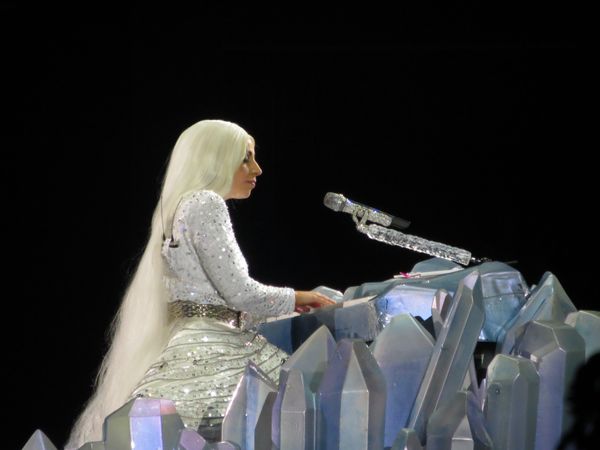This article is a response to the New York Times' piece, "Must Writers Be Moral? Their Contracts May Require It."
Here's another spark to the debate of whether artists' private lives should be separated from their work or not. The dispute has affected multiple industries within the entertainment sector, the most notably being film, after prominent figures like director Harvey Weinstein and former House of Cards actor Kevin Spacey were blacklisted by the #MeToo movement. Calls for boycotting the work of those accused of sexual misconduct quickly flooded social media platforms like Twitter and Instagram. Outrage machines hosted on those platforms have caused men to risk losing their jobs over accusations, a theme most appropriately summarized by Judge Brett Kavanaugh and his arduous confirmation hearing process.
However, adults are not the only ones involved with the cleansing of industries. Just last year, the same argument was revisited by youths criticizing the pedophilic and homophobic acts of a popular rapper's death. Our obsession with how much weight the author should hold with their work only seems to be growing — stretching its tendrils into other industries.
Judith Shulevitz' piece in the New York Times reminded me how members of the writing community aren't immune to this fight. Similar to how corporations had the right to remove Kevin Spacey from the "House of Cards" cast, publishers are starting to follow suit with "morality clauses" in their contracts. Companies like Penguin Random House have begun reserving the right to pull work from the shelves if:
"Past or future conduct of the author inconsistent with the author's reputation at the time this agreement is executed comes to light and results in sustained, widespread public condemnation of the author that materially diminishes the sales potential of the work."
At the surface, clauses such as these are seemingly innocuous. However, it sets a dangerous precedent, as opinionated writers may find themselves unable to share their beliefs without fear of having their work pulled off the shelves. Of course, in a free market society, the product is entirely dependent on the support of the consumers. It's this type of attitude that has led to accused men like Louis C.K not being able to perform as frequently as before. It's also the logical premise for boycotting: a lack of support for their art will lead to the demise of the artist.
But writing is a sector I'm willing to defend as unique in relation to consumer support. In order to increase the amount of ideas spread through writing, writing must be as available as possible. Popularity of the work is the factor we should depend on to measure its rise and fall within consumerism. Support of the consumer can still be expressed through commendations such as the positions on the NYT Bestseller List or the stamp of approval of Oprah's Book Club.
But under the threat of complete removal, as someone interested in pursuing writing as a career, I simply cannot stand idle.
Because of recent attacks directed towards the media, certain members of the print press, journalists like Maggie Haberman, have recently joined the ranks of journalists who share the title of public figures — a club formerly exclusive to broadcast journalists, such as Anderson Cooper. And because they are now exposed to the public eye as opinionated humans with popular Twitter accounts, they leave themselves to be torn apart by online mobs.
It's these same mobs that get people fired without probable cause. It's these allegations that cause storms online that crowds are willing to jump on. It's the phenomenon called doxxing, where figures like Kathy Griffin call for personal information of the Covington students to be released.
#MeToo allows this doxxing attitude to blacklist authors for causing controversy, and like philosophers in 17th century Spain, they find themselves swarmed by the majority that refuses to let their work be spread.
This isn't a unique scenario, simply uncharacteristically energized. What's different because of the introduction of "morality clauses" are the financial liabilities of controversial writing that writers now face.
In the past, it was easy to brave opposition. After all, opinionated writing has always had its enemies. But when these enemies can use platforms like Twitter to their advantage and start mobs to cause outrage over writing in order to cause a termination of a contract, that is when the line is crossed.
It used to be that if there was uproar, the publisher could deal with the matter internally. However, with "uproar clauses," it gives publishers an advantage by legally allowing them to drop their clients at the behest of digital mobs while still maintaining finances.
This doesn't mean that we shouldn't report allegations concerning authors. It means that just because they spark controversy, their books shouldn't be taken off the shelves.
This policy is dangerous to the writing community, as writers may feel discouraged to express controversial opinions, whether in their writing or on their social media platforms. It's a shame that the art versus artist argument had to extend this far into a unique profession. While it may be acceptable to cancel notable actors for homophobic tweets, it's unacceptable to let the bubble of free thought shrink in the name of consumerism.



















